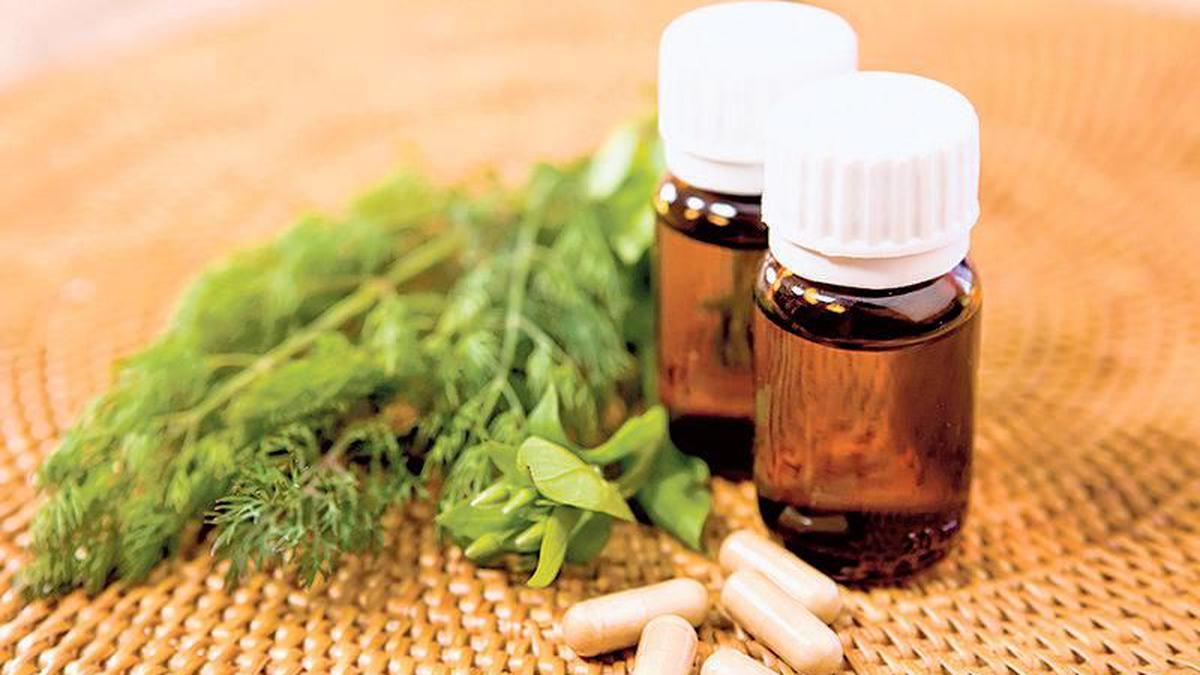With focus on promoting safety, efficacy, and quality of Ayush products and practices, the Bureau of Indian Standards (BIS) has been fast-tracking standardisation for the Ayush sector with the establishment of a department to expedite the process. “The BIS has formulated an indigenous Indian standard for the cotton yoga mat which supports domestic manufacturers and farmers. The department has also identified future standardisation areas, including terminology, herbs, yoga attire, siddha diagnostics, and homoeopathic preparations,’’ said Pramod Kumar Tiwari, Director-General, BIS.
He added that with the global demand for yoga on the rise, there is a growing focus on the standardisation of yoga mats and attire to ensure safety, quality, and consistency. The BIS has published standards for cotton yoga mat, stainless steel Neti pot (used for nasal rinsing), and terminologies related to yoga. Furthermore, new standards are in the pipeline for products/techniques such as Sutra Neti thread and Vastra Dhauti , and for common yoga protocol.

Standards for yoga t-shirts and yoga lowers are also under development. “These efforts are integral to maintaining the authenticity and reliability of yoga products, enhancing consumer confidence, and promoting the safe practice of yoga worldwide,’’ said Raghvendra Naik from Central Council for Ayurvedic Sciences (CCRAS). Vaidya Rajesh Kotecha, Secretary-Ayush, said: “As more people turn to traditional healthcare systems, the need for consistent quality, safety, and efficacy in Ayush products and services is imperative.
’’ “Standardisation is not just about regulations. It’s about empowering consumers to make informed choices. By ensuring the quality and safety of yoga products, BIS and Ministry of Ayush are contributing to the overall well-being of yoga practitioners and promoting the holistic benefits of this ancient practice,” added the Secretary.
Also covered under the exercise would be traditional Indian systems of medicine such as ayurveda, naturopathy, Unani, siddha, sowa–rigpa, and homoeopathy. The Ayush Department at the BIS has formed seven sectional committees, each addressing a specific Ayush system. These committees work collaboratively with various stakeholders, including experts, scientific and technical institutions, industry representatives, and regulatory bodies, to ensure comprehensive, evidence-based standards aligned with national and international guidelines.
Till now BIS has published 91 standards covering diverse subjects like single herbs, ayurveda and yoga terminology, panchakarma equipment, yoga accessories, and test methods for pesticide residues in herbs. Copy link Email Facebook Twitter Telegram LinkedIn WhatsApp Reddit ayurveda / health.

















